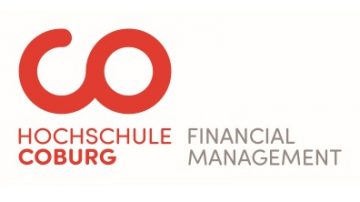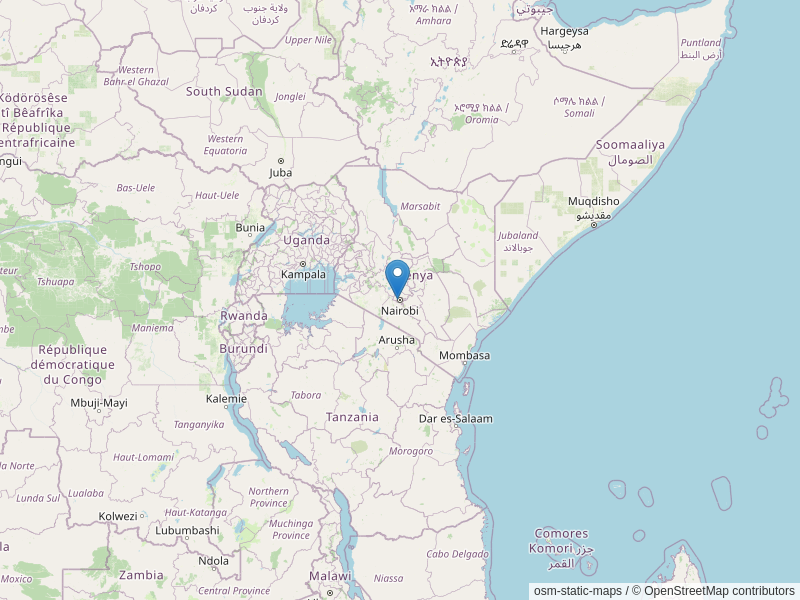Study on the career paths of international researchers in Germany published
“Germany is a highly attractive host country for international academics and researchers. Their share of the total academic staff at German universities has therefore been rising continuously for years,” said DAAD President Prof Dr Joybrato Mukherjee. “On this basis, we should be even more successful in the future in supporting international talent on their path to a professorship. With the current study, we want to make a contribution to this and show ways and opportunities for more diversity in professorships.”
The study “International Researchers at German Universities: From the Postdoc Phase to Professorship” by the DAAD and the German Centre for Higher Education Research and Science Studies (DZHW) examines the challenges that international researchers face on their way to a professorship at German universities. It also provides recommendations for removing potential obstacles. For the qualitative study, the DAAD and DZHW interviewed international early career researchers, newly appointed international professors, university management and university employees from international fields.
Results of the study
The respondents perceive Germany as very attractive when it comes to the promotion of young researchers and research funding opportunities. According to the survey, the biggest barrier to a fast-track career for international researchers at German universities is usually insufficient German language skills. In addition, in some areas outside of research, universities are said to be ill-adapted to the needs of international academics. According to the interviewees, the perceived complexity of career paths in Germany, a lack of service-orientation on the part of some German authorities and perceived xenophobia, for example when looking for accommodation, also make it difficult to decide in favour of a permanent stay in Germany.
Recommendations for action
In response to the challenges described, the study offers recommendations for action to attract more international researchers to professorships. For example, university management can contribute to the development of competences and a cultural change by clearly focusing on the importance of the topic within the university. In addition, language and cultural barriers can be overcome by offering extended language courses for international researchers. At best, multilingualism should be more firmly established at universities and better promotion and support for international researchers should be facilitated. This also includes support in “growing into” academic self-administration, which is little known in many countries outside Germany. In addition, paths to a professorship in Germany and the associated requirements should be presented more transparently and appointment procedures should be more internationally orientated. Furthermore, the expansion of counselling on dual careers offers a great opportunity to improve the recruitment of international talent, for whom the topic is often highly relevant.
Background: International researchers in Germany
In 2021, around 60,000 international academic staff were employed at German universities, including around 3,700 professors. While international researchers make up almost 14 per cent of all academic employees, the proportion of professors is around seven per cent.
The study also shows significant differences in the proportion of international professors depending on the type of university: at universities of art and music it is around 22 per cent, at universities around 11 per cent and at universities of applied sciences around three per cent.


